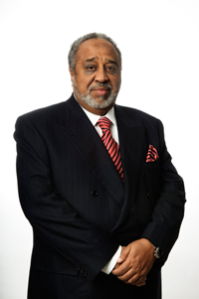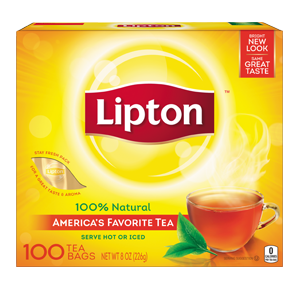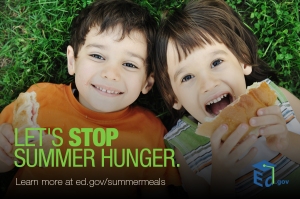Affordable Care Act Consumer Alert: Choose Your Tax Preparer Wisely

The IRS urges you to choose your tax professional carefully in response to reports from last year describing unscrupulous preparers. In some cases, these preparers were instructing their clients to make individual shared responsibility payments directly to that preparer. In some cases, this was happening even though the taxpayer had Medicaid or other health coverage. Under this circumstance, the taxpayer didn’t need to make the shared responsibility payment at all. In some parts of the country, unscrupulous return preparers were targeting taxpayers with limited English proficiency and, in particular, those who primarily speak Spanish.
Most people don’t owe the payment at all because they have health coverage or qualify for a coverage exemption. However, if you owe a payment, remember that it should be made only with your tax return or in response to a letter from the IRS. The payment should never be made directly to an individual or return preparer.
Preparers who inappropriately ask for direct payment use a variety of invalid reasons that include:
- telling individuals that they must make an individual shared responsibility payment directly to the preparer because of their immigration status
- promising to lower the payment amount if the client pays it directly to the preparer
- demanding money from individuals who are exempt from the individual shared responsibility payment
If you are not a U.S. citizen or national, and are not lawfully present in the United States, you are exempt from the individual shared responsibility provision and do not need to make a payment. For this purpose, an immigrant with Deferred Action for Childhood Arrivals (DACA) status is considered not lawfully present and therefore is exempt. You may qualify for this exemption even if you have a social security number.
If you believe you have been targeted by an unscrupulous preparer or you have been financially affected by a tax return preparer’s misconduct or improper tax preparation practices, you can report it to the IRS on Form 14157, Complaint: Tax Return Preparer.
You can use our Interactive Tax Assistant tool – Am I required to make an Individual Shared Responsibility Payment? to help determine if you qualify for an exemption or owe the payment.
Choose a Tax Preparer Carefully
The vast majority of tax professionals provide honest, high-quality service. However, the IRS encourages taxpayers to avoid dishonest and unscrupulous preparers by choosing their preparer wisely. To help, the IRS offers a new, online, searchable public directory of tax preparers who currently hold professional credentials recognized by the IRS or certain other qualifications.
For information on choosing a preparer, filing a complaint about an unscrupulous preparer, or using the new directory, see our Choosing a Tax Professional page on IRS.gov.
Find out more about the tax-related provisions of the health care law atIRS.gov/aca.
Using tax preparation software is the easiest way to file a complete and accurate tax return. Visit the E-File Options page on IRS.gov for information.








